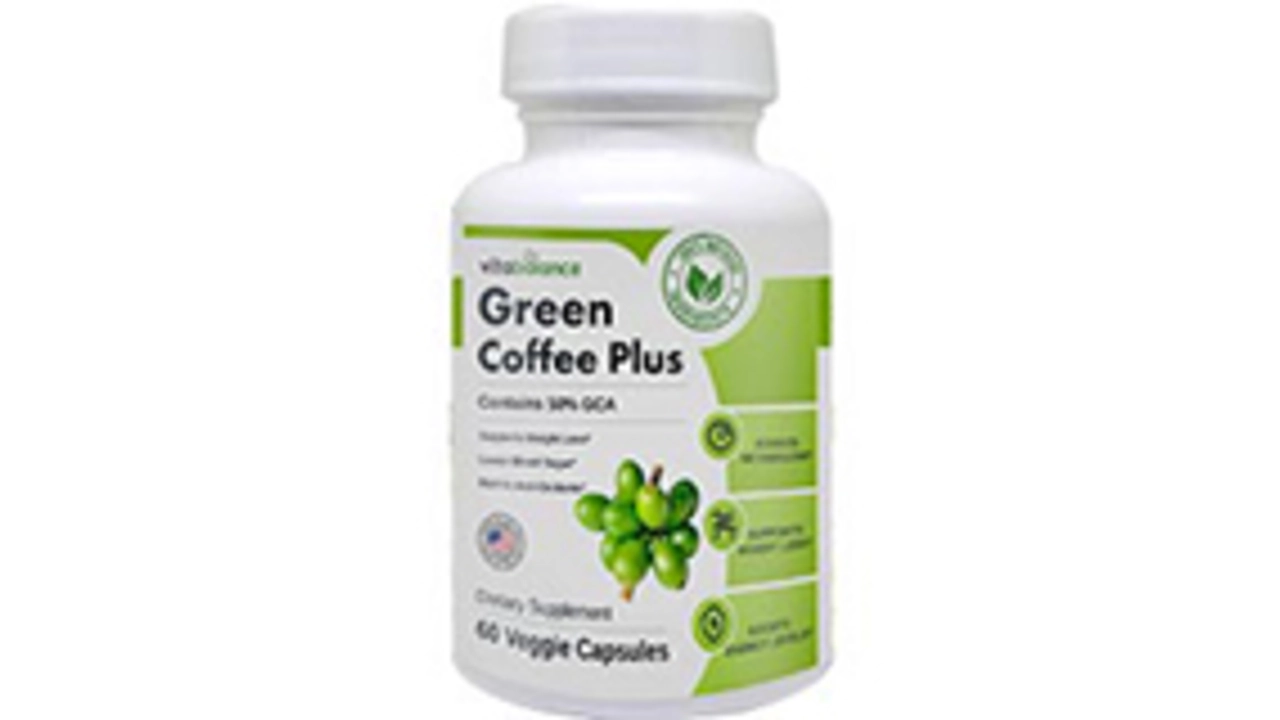Natural Supplements: How to Choose Safe, Effective Options
Nearly everyone has tried a supplement at some point. Vitamins, herbal extracts, and mushrooms promise better sleep, stronger immunity, or less joint pain. But not all supplements are equal. Here’s a clear, no-nonsense guide to choosing natural products that actually help and won’t cause harm.
Pick quality over hype
Start by checking the label. Look for ingredient amounts, not just a long list of botanical names. Third-party testing seals (USP, NSF, ConsumerLab) mean the bottle contains what it says and isn’t loaded with heavy metals or contaminants. Avoid products that promise miracle cures or use words like "detox" without clear ingredient lists. If a product hides its full formula behind marketing copy, skip it.
Buying online? Choose stores with clear contact info, a pharmacy license where required, and visible return policies. Our site has guides that help evaluate online sellers—read those before ordering. If a supplement is outrageously cheap compared with similar products, be suspicious: quality often costs more.
Safety: interactions, dosing, and red flags
Supplements can interact with prescription meds. For example, iron supplements can reduce absorption of some antibiotics like ciprofloxacin and can interfere with thyroid pills such as levothyroxine. Supplements that affect blood clotting—like high-dose fish oil, garlic, or ginkgo—can change how blood thinners work. If you take any prescription drug, tell your doctor or pharmacist before adding a new supplement.
Stick to recommended doses. "More" usually won’t speed results and can cause harm. Fat-soluble vitamins (A, D, E, K) build up in the body; taking too much can be dangerous. If a supplement causes stomach upset, headache, rash, or unusual bleeding, stop it and check with a clinician.
Some natural products do have solid evidence. Medicinal mushrooms rich in lentinan show promise for immune support — our article on lentinan-rich mushrooms explains what current research says and what’s still uncertain. Herbs like Solomon’s Seal and wild thyme have traditional uses; our write-ups explain active components and safe ways to use them. Mineral combos like iron, folic acid, and zinc are proven when used for deficiencies, but they need correct dosing and monitoring.
Keep a simple checklist when choosing a supplement: 1) clear label with amounts; 2) third-party testing; 3) seller transparency; 4) realistic claims; 5) checked for interactions with your meds. Keep bottles in a cool, dry place and discard past-expiry products.
If you want to explore reliable reads, check articles tagged "natural supplements" on this site—there are product deep-dives, safety guides, and tips on buying both herbal and prescription products online. Ask your healthcare provider for personalized advice and report side effects right away. Small choices make a big difference—pick smarter, not louder.
Boost Your Health Naturally with the Power of Hyacinth Bean Supplements
In my recent exploration of natural health boosters, I've discovered the phenomenal benefits of Hyacinth bean supplements. These natural supplements are packed full of nutrients, promoting better health and helping to deter various ailments. From boosting your immune system to improving heart health, the benefits are truly impressive. I was amazed to find that they also help enhance cognitive function and mood. So, if you're looking for a natural way to boost your health, Hyacinth bean supplements could be worth considering.
© 2026. All rights reserved.

